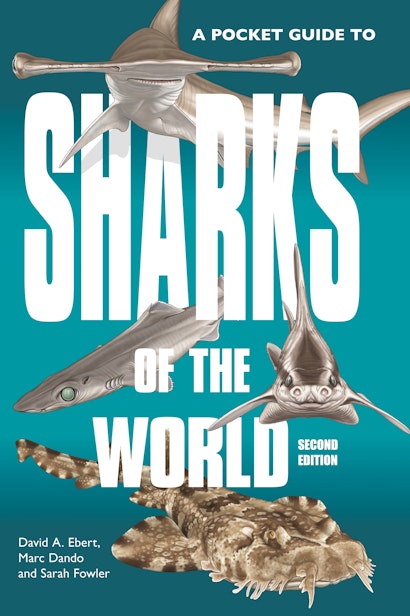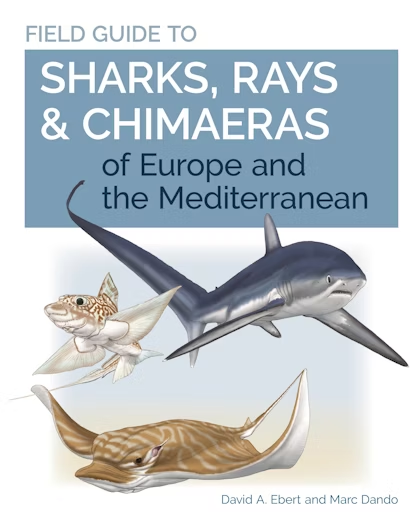Jaws, the mere mention of the movie conjures up images of a large triangular fin cutting through the water, beneath it a large fearsome-looking toothy shark swimming with a sense of authority, a purpose. One of the movie’s trailers at the time hyped the fact that this was a mindless eating machine!
I recall seeing the movie Jaws in the theater for the first time during my high school days in the summer of 1975. It was the first big summer blockbuster film, it was something new to audiences, and certainly new to me. Prior to the film’s release people generally did not anticipate such great summertime entertainment from movies like Jaws and subsequently Star Wars (released in 1977). These were fun movies to see with your friends and spend an afternoon or evening afterwards talking about certain scenes or dialog from the movie, “You’re gonna need a bigger boat”; remember this was back in the pre-iPhone, social media era when kids actually spent time together talking with each other, without the aid of electronic devices and no texting!
The movie as an unintended consequence brought a lot of attention to sharks, both good and not so good. Shark attacks that were of minimal media attention became big news stories, catching big sharks became a sport and shark diving became popular; all of this after the movie’s release. A few high profile shark attacks at the time made international news and only further fueled the public’s fascination and fear of sharks. Just going into the water suddenly became an adventure, with the prospects (however unlikely) that one may see a shark. It certainly put the public’s awareness of sharks in their conscience.
The negative consequences of sharks being overfished, culled from popular beaches or fished for sport have been well documented. It is hard to find an article, any article, that does not state and restate that sharks are overfished and populations declining globally. However, less reported on is the positive aspects that the movie brought about for sharks. Yes, I said positive aspects!
Prior to the movie’s release, sharks were caught in target and non-target fisheries, but these activities were mostly occurring far from public view, with little to no attention being paid. The majority of shark research was essentially focused on the rare phenomenon of shark attacks. The research mainly focused on developing shark repellants to be used by survivors of sea disasters. A result from World War II when horrific stories spread of downed pilots and sailors who were lost at sea and attacked by sharks. The most famous of which was the USS Indianapolis, the story of which was incorporate into a now famous scene from the movie.
The other area of shark research prior to the mid-1970s was almost exclusively taxonomic based, and was done mostly as side projects to more important bony fish research. Virtually nothing was known about their life histories. Most books at the time listed the number of known species at about 250 to 300; compared to 536 in the new Sharks of the World book (Princeton).
All that changed however after the release of Jaws. Yes, sharks came into people’s conscience, but something else happen that has received less attention. The public’s fascination with sharks after Jaws came out lead to many new research opportunities that did not focus on shark attacks. People were actually curious to know more about the fish behind the myth.
As a young graduate student in the early 1980s, I was fortunate to have caught this wave of dynamic shark research that occurred. I was part of the first wave of ‘young gun’ graduate students to study the life history and ecology of sharks. It was a terrific time to actually conduct fieldwork and learn just how complicated these animals are.
The 1980s and 90s saw an explosion in field studies on shark life histories and ecology. These studies lead to changing attitudes towards sharks with management policies and conservation measures eventually being implemented. The United Nations Food and Agriculture Organization in 1999 released their International Plan of Action for Sharks, which lead to dozens of countries eventually developing their own National Plans of Action.
For myself, I feel especially fortunate to have been a participant through this evolution of shark research. Of equal fortune, I was not alone. A great cohort of collaborators and friends came of age as professionals during this exciting time. Many of us now have our own research labs and graduate students.
My early graduate training was in shark ecology and life history, but as I branched out into the world, spending time in Africa and Asia, I kept coming across shark species that did not seem to conform to current available regional keys, if one even existed. I often found myself working through piles of sharks gathering data, but was often skeptical of their identification. It was this early recognition and inspiration during my Ph.D. studies of the need for shark conservation and the importance of knowing specifically what species are involved that has lead me on this journey. This early and informative background helped shape my research focus in my search for Lost Sharks! Over the past decade and a half, about 20% of all known shark species have been discovered and formally named. However, many more are still waiting to be discovered.
With many newly discovered species to be named, we are in the mist of an ambitious effort not only to name these sharks, but more importantly to share our passion for science through discovery and exploration, and to bring it to the general public through outreach programs.
The recently named Ninja Lanternshark (Etmopterus benchleyi) by one of my grad student’s (Vicky Vásquez) and I, along with a colleague (Douglas Long) highlighted how an innovative and interactive concept could inspire kids to participate in the scientific process.
It is hard to understate the importance that Jaws has played in bringing shark research to the forefront over the past 45 years. Shark research may eventually have come into its own without it, but from my perspective it was this movie that really put sharks in the public conscience. Despite the more publicized negative aspects, Jaws has actually been very good for sharks overall.
From my perspective, Peter Benchley’s real legacy is having brought the plight of sharks out of the shadows and to the forefront of public attention. Without his timely book and an exceptionally well-made blockbuster movie, shark management and conservation may never have come to light, and the vast majority of sharks would still remain lost from the public’s conscience, with many suffering dire consequences!
This essay is a modified excerpt from David Ebert’s forthcoming book Searching for Lost Sharks.
David A. Ebert is Director of the Pacific Shark Research Center, Founder of the Lost Sharks project, and President of the American Elasmobranch Society. Known as the Lost Shark Guy, he has devoted his life to studying the ocean’s most elusive, dangerous and yet fascinating predator—the shark! His travels of exploration have lead to the discovery of over 50 new shark species. Author of 30 books, including the popular Sharks of the World (Princeton), he’s a regular on Discovery Channel’s Shark Week. Dave’s stories are compelling and humorous, whether dining with royalty or with fishers in remote villages. He brings the audience along on a personal journey in telling vivid stories of exploration, discovery, and travel from his most recent expeditions. Dave is co-host of the Beyond Jaws podcast, and you can follow him on Instagram @lostsharkguy Facebook @lostsharks Twitter @lostsharksguy. Website:



